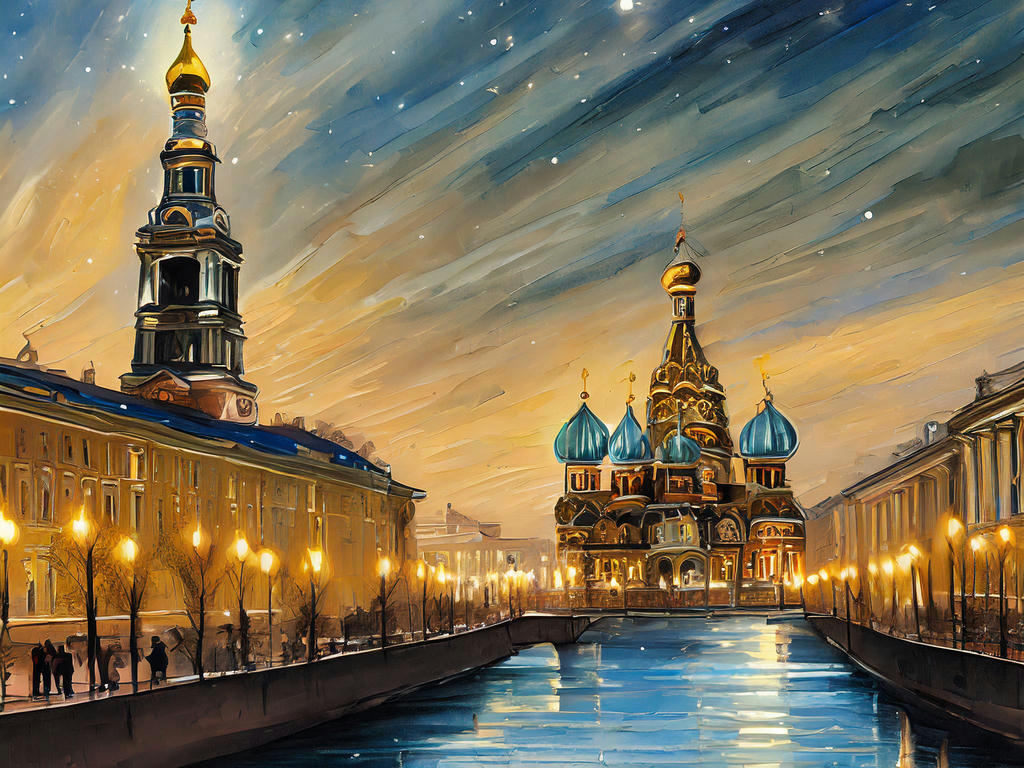
As I take a moment to contemplate my recent voyage through the intricacies of Fyodor Dostoevsky's masterpiece, "The Idiot", I find myself immersed in a whirlwind of emotions and reflections. This novel transcends mere storytelling; it delves deep into the essence of the human experience, brimming with layers of complexity and profound insights that linger long after the final chapter has been read.
At the core of "The Idiot" lies Prince Myshkin, a character who eludes simplistic characterization. He embodies an extraordinary blend of compassion and empathy, yet is burdened by a naïveté and innocence that sharply contrast with the cynicism of the world around him. Myshkin's journey captivated me, drawing me towards his pure-heartedness and unyielding faith in the inherent goodness of humanity.
Dostoevsky intricately intertwines the lives of a diverse cast of characters around Myshkin, each grappling with their own inner demons and ethical quandaries. From the enigmatic Nastasya Filippovna to the tormented Rogozhin, each figure serves as a mirror reflecting the intricate tapestry of human nature, capable of both immense kindness and profound cruelty.
A central theme of the novel revolves around the interplay between intellect and emotion, reason and passion. Myshkin, with his steadfast belief in the transformative power of love and forgiveness, starkly contrasts with the calculating and cynical ethos of St. Petersburg society. Through his interactions with other characters, we are compelled to confront our perceptions of what it truly means to be human.
Moreover, "The Idiot" serves as a profound exploration of identity and authenticity. Myshkin grapples with questions of selfhood and belonging amidst the turbulent waters of social hierarchy and moral ambiguity. His inability to conform to societal norms renders him both a subject of ridicule and a beacon of hope in a world overshadowed by greed and ambition. As I concluded "The Idiot," I found myself deeply moved by Dostoevsky's penetrating insight into the human psyche. This is not a novel that provides easy solutions or neatly tied endings. Instead, it challenges us to confront the complexities of our humanity and to reconcile the inherent contradictions that define us.
Ultimately, "The Idiot" stands as a testament to the enduring potency of compassion and empathy in a world often lacking in both. It serves as a poignant reminder that amidst our imperfections and shortcomings, goodness can still be discovered in the most unexpected of places. For this profound journey, I am immensely grateful.
If you read this article all the way through, thanks for sticking with me! You can send me questions, remarks, or comments on Twitter, I'm @aaqaishtyaq.